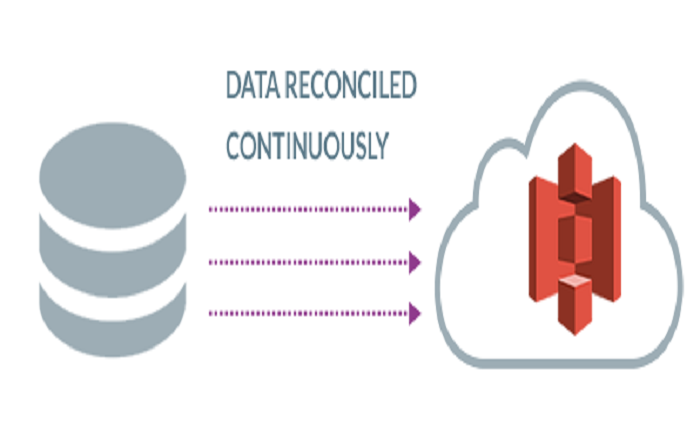Building a Comprehensive Dubai Real Estate Database: Strategies and Best Practices
In today’s competitive real estate market, having access to comprehensive and accurate information is essential. A real estate database can provide valuable insights into properties, market trends, and consumer behavior, allowing real estate professionals to make informed decisions and stay ahead of the competition. This is especially true in Dubai, where the real estate market is constantly evolving and the demand for information is high.
In this article, we’ll provide some tips and best practices for building a comprehensive real estate database in Dubai.
Understanding the Dubai Real Estate Market
The first step in building a real estate database is to understand the market you’re working in. This includes researching trends, analyzing market data, and identifying key players. You should also have a good understanding of the different types of properties available in Dubai, such as apartments, villas, and commercial spaces, as well as their features and benefits.
Collecting Data from Multiple Sources
In order to build a comprehensive database, you need to collect data from multiple sources. This may include public records, real estate websites, and government agencies. You can also use data from real estate agents, property owners, and developers. It’s important to validate the data you collect and to update your database regularly to ensure that it remains accurate and up-to-date.
Organizing Your Data
Once you have collected your data, it’s important to organize it in a way that makes it easy to access and use. You can use a real estate database software or a spreadsheet to keep track of your information. Make sure to categorize your data, such as by property type, location, or price range, to make it easier to search and analyze.
Analyzing Your Data
Your real estate database should be more than just a collection of data; it should provide valuable insights into the market. You can use your database to analyze market trends, such as price changes, sales trends, and consumer behavior. You can also use it to identify opportunities for growth, such as areas with high demand or undervalued properties.
Sharing Your Data with Colleagues and Clients
Your real estate database can be a valuable resource for your colleagues and clients. You can use it to provide market insights, property information, and real estate market reports. You can also use it to collaborate with other real estate professionals and to provide your clients with up-to-date information about the properties they’re interested in.
Maintaining Data Privacy and Security
It’s important to remember that real estate data can be sensitive and should be treated with care. In Dubai, there are strict regulations regarding the collection, storage, and use of personal data, so it’s important to comply with all applicable laws. This includes obtaining consent for data collection, storing data securely, and only using it for the purposes for which it was collected.
Conclusion
Building a comprehensive real estate database in Dubai can provide valuable insights into the market and help real estate professionals make informed decisions. By understanding the market, collecting data from multiple sources, organizing your data, analyzing your data, sharing your data with colleagues and clients, and maintaining data privacy and security, you can ensure the success of your real estate database. With the right approach and attention to detail, you can build a database that will help you succeed in the dynamic and competitive real estate market of Dubai.







